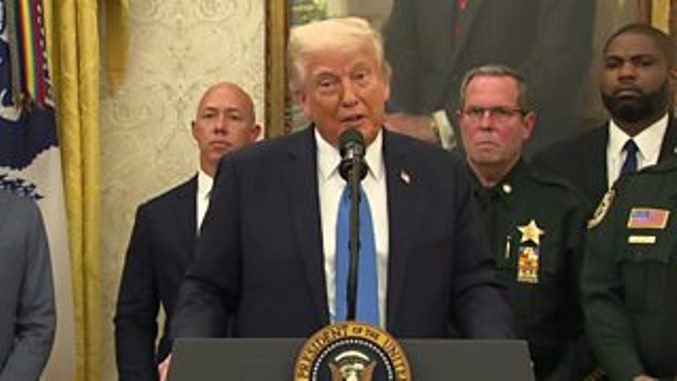The court only accords sitting presidents this kind of protection, meaning Trump will likely face prosecution.
After January 20, Mr. Trump will be more vulnerable to a pending grand jury investigation into the President’s family business and its practices as well as his taxes.
Last fall, the president sued to block a subpoena for his tax returns and other records, a bitter dispute before the US Supreme Court for the second time. Since then, the two-year inquiry and only known criminal investigation of Mr. Trump have stalled.
President Trump has claimed that the investigation by the district attorney, Cyrus R. Vance Jr is a politically motivated fishing expedition. But, if the Supreme Court rules that Mr. Vance is entitled to the records, and he finds possible crimes, Mr. Trump could face a dance with the devil with Law enforcement. He could face a possible criminal conviction, or even prison, for a former president.
What his legal team says;
A lawyer for the president, Jay Sekulow, declined to comment through a spokesperson. The district attorney’s investigation of a sitting president has taken on even greater significance.
This is because Mr. Trump’s use of his presidential power—pardoning those close to him charged with federal crimes—suggests he will make liberal use of the pardon pen on behalf of associates, family members, and possibly even himself. He claims he has the right to do so.
But his pardon power does not extend to state crimes, like the possible violations under investigation by Mr. Vance’s office.
Check Also;
- Trump Campaign And GOP Cases Challenging Election Fail In Court
- Joe Biden Makes Immediate Move On US Government Transition
- Trump Threatens To Sue As Biden Edges Victory
Please use the button below to contribute to Newslex Point, Inc. using a credit card or via PayPal.

 Newslex Point News in Uganda, Uganda news
Newslex Point News in Uganda, Uganda news












